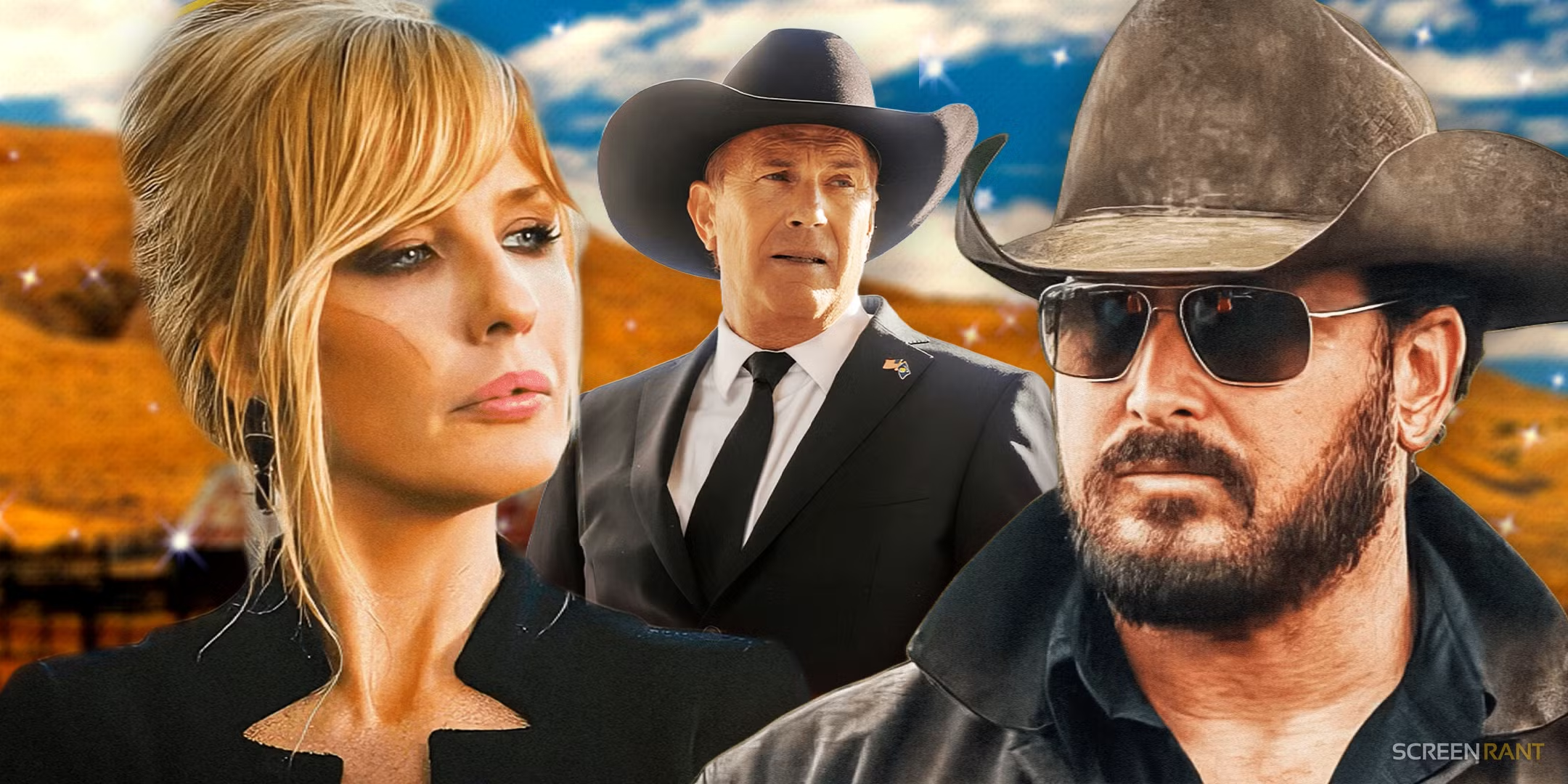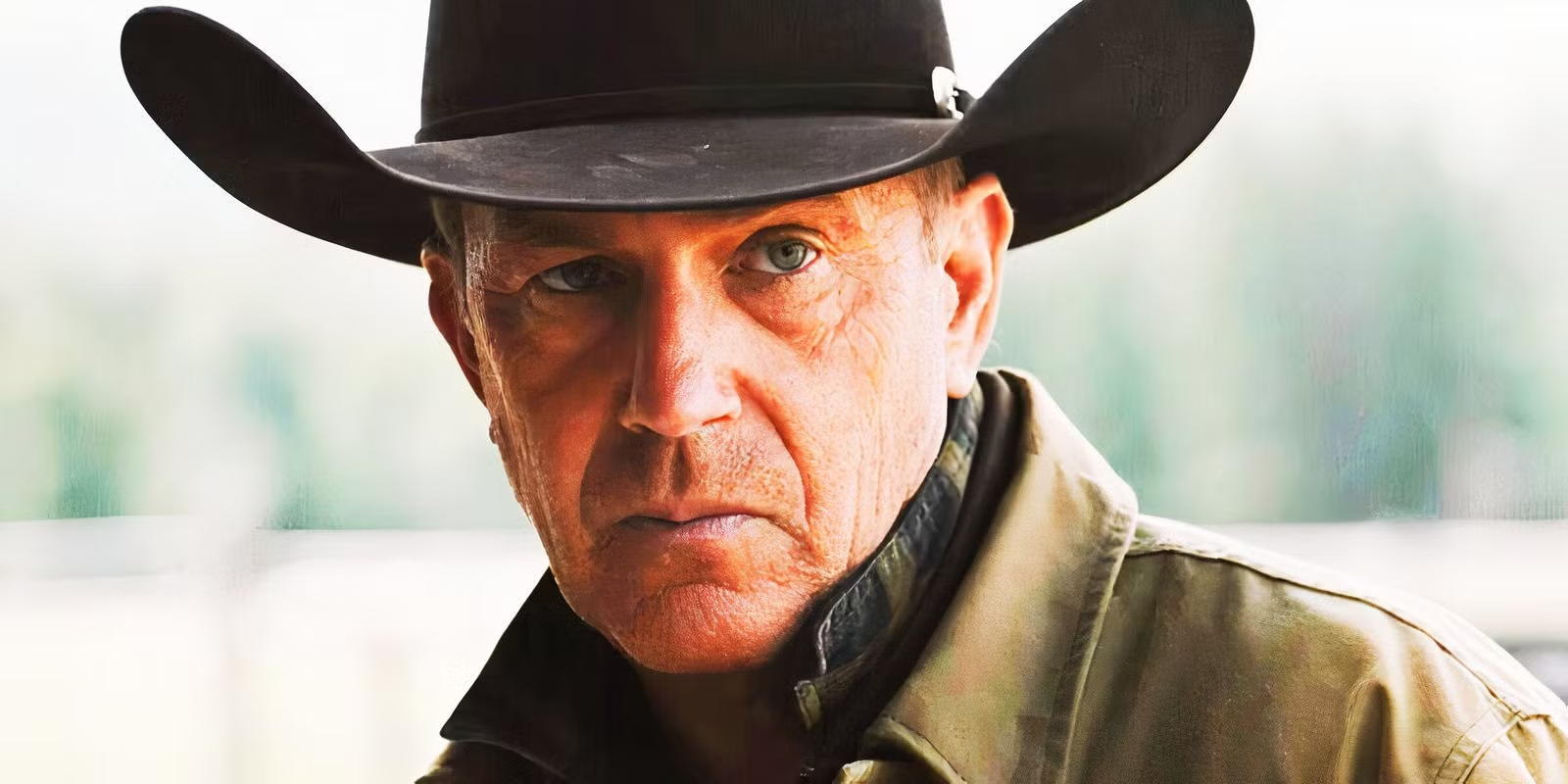
Kevin Costner’s New Western Docuseries Delivers the Real-Life “Yellowstone” Fans Have Been Waiting For
- by Buny
- Posted on August 25, 2025
Kevin Costner has always been more than just an actor when it comes to the American frontier. His career, his persona, and even his cultural impact are deeply intertwined with the mythos of the West. From his Oscar-winning Dances with Wolves to his career-defining role as John Dutton in Yellowstone, Costner has spent decades shaping how audiences imagine the rugged landscapes, the people, and the unrelenting struggles that forged America.
Now, with his narration in The West on The History Channel, Costner continues this lifelong mission. The project feels less like a job and more like a calling. As the narrator, he doesn’t simply guide viewers through a timeline of historical facts. Instead, his voice carries the weight of lived experience, the conviction of someone who understands what it means to fight for land, legacy, and survival. The resonance between Costner and the subject matter is undeniable.

When he embodied John Dutton, audiences saw a man tethered to the soil, bound by tradition yet forced to face inevitable change. In The West, that same gravitas lingers. His narration gives historical events—from Native American resistance to the arrival of settlers—a deeply human frame. His authority makes the viewer lean in, listening not just to history, but to a story that still shapes America’s identity.
What sets The West apart is its refusal to soften history’s harder edges. While Yellowstone thrives on fictional family feuds and high-stakes ranch drama, The West strips away myth, laying bare the triumphs and tragedies that defined the era. The series examines Chief Little Turtle’s military victories against U.S. forces, the tragic Cayuse–missionary conflict in the Pacific Northwest, and the larger tapestry of violence, resilience, and cultural collisions that defined the frontier.
Costner’s admiration for Theodore Roosevelt also emerges strongly in the series. Roosevelt—himself a man of intellect, physical grit, and uncompromising will—embodied the kind of frontier spirit that fascinates Costner. The parallels to John Dutton are clear: men driven by principle, unyielding in their pursuit of what they believe is right, even when the cost is immense.
But perhaps the most fascinating dimension of The West is how it connects Costner’s fictional legacy with historical truth. For fans of Yellowstone, the series feels like peeling back the curtain. Dutton’s struggles—land disputes, loyalty to family, a fight against the erosion of tradition—echo the real struggles faced by countless people who lived and died in the 19th-century frontier. In this way, The West becomes both an education and a meditation, a reminder that fiction often borrows from the deepest wells of history.
Visually, the series pairs Costner’s commanding narration with a blend of expert interviews, archival material, and historical reenactments. The effect is immersive, transporting viewers into battles, negotiations, and moments of quiet resilience. It’s not just a story about cowboys and Indians, but about politics, faith, ambition, and the clash of civilizations. Unlike romanticized Westerns of Hollywood’s Golden Age, The West doesn’t glorify bloodshed or conquest—it wrestles with complexity.

For Costner, this work isn’t about nostalgia. It’s about preservation. The frontier shaped America in ways that still ripple today—through questions of land use, cultural identity, and the meaning of progress. His passion for these themes is what makes The West not just another documentary, but a continuation of a lifelong project: helping audiences understand the soul of the land and the people who fought to define it.
The History Channel has delivered a series that doesn’t merely retell history—it recontextualizes it for a modern audience hungry for authenticity. In an era where many are revisiting the myths of America, The West stands as both a corrective and a tribute. It acknowledges brutality and injustice while still honoring resilience and vision.
For Yellowstone fans, watching The West is almost inevitable. It’s as if Costner has built a bridge between his fictional empire and the real histories that inspired it. The show gives viewers a chance to see the threads that connect John Dutton’s principled defiance to the legacies of figures like Roosevelt, Little Turtle, and countless unnamed men and women who struggled to carve out a life on unforgiving soil.
Ultimately, The West is more than television—it’s an invitation. An invitation to reconsider the narratives we’ve inherited, to challenge the polished myths of Hollywood, and to recognize the enduring power of the land itself. For Kevin Costner, whose career has become almost synonymous with the American West, this is not just another role. It’s a declaration of devotion, a reminder that the stories of yesterday are still alive today.
The West is now streaming on The History Channel, and for anyone who has been captivated by Yellowstone, it’s not just recommended—it’s essential viewing.
Kevin Costner has always been more than just an actor when it comes to the American frontier. His career, his persona, and even his cultural impact are deeply intertwined with the mythos of the West. From his Oscar-winning Dances with Wolves to his career-defining role as John Dutton in Yellowstone, Costner has spent decades shaping…